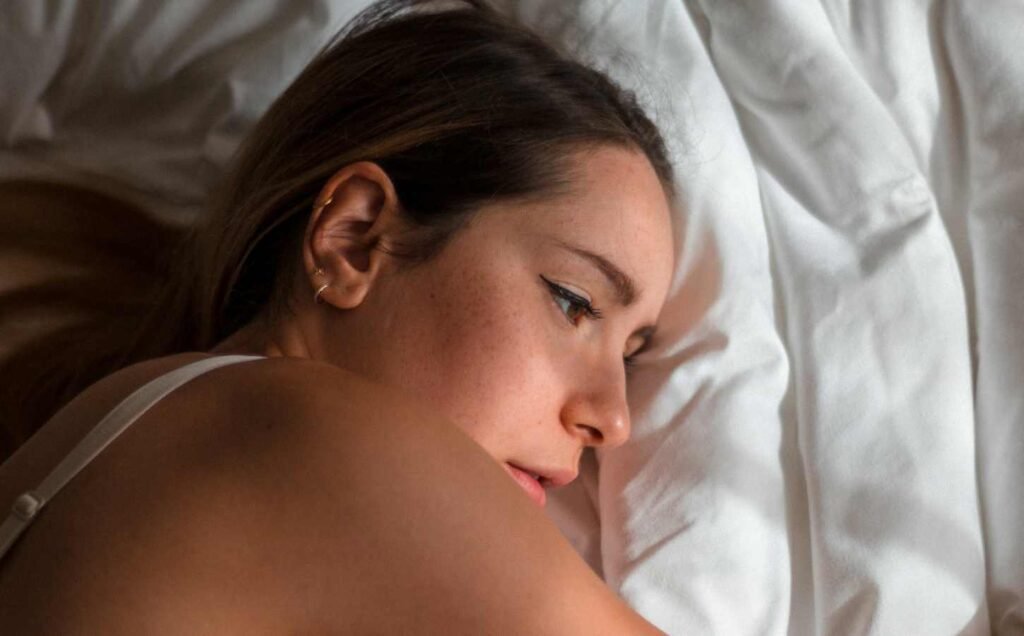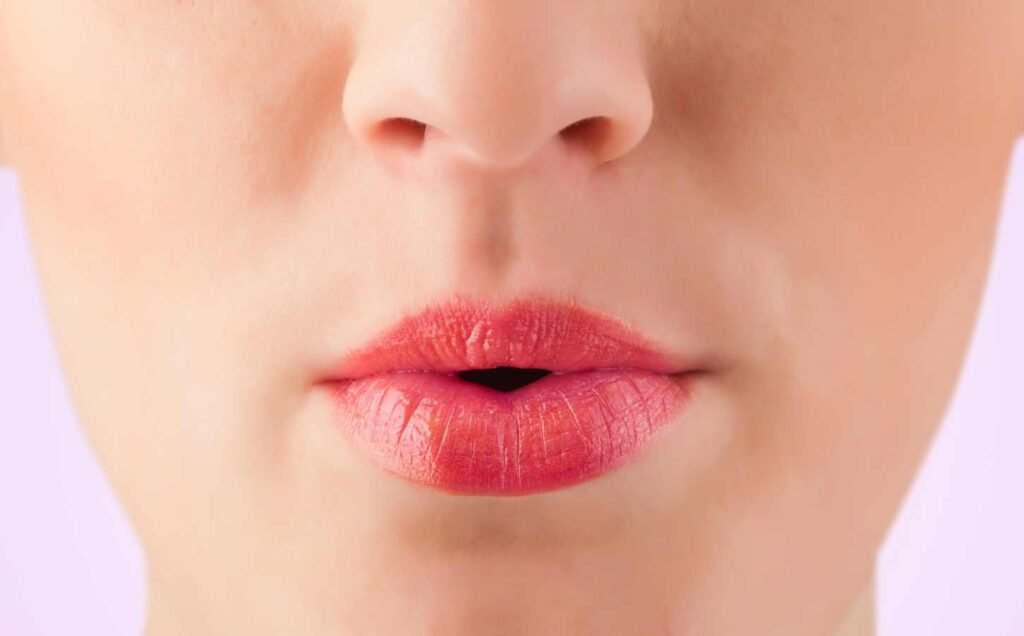Are you one of the many people who rely on caffeine to stay alert and productive, especially when you haven’t had enough sleep?
You are. Then please keep reading, because recent research on caffeine and sleep loss reveals that caffeine may actually exacerbate the negative effects of sleep loss on the brain. This article explores the findings from a recent study and discusses the implications for sleep health and caffeine consumption.
The Study and Its Findings
A study published in Nature examines the impact of caffeine on brain changes caused by sleep loss. Conducted by a team of neuroscientists, the research involved monitoring participants who were subjected to sleep deprivation and subsequently given caffeine. The results indicated that caffeine, while temporarily boosting alertness, also exacerbates the detrimental brain changes induced by sleep deprivation.
Key Findings:
- Increased Brain Activity in the Default Mode Network (DMN):
Sleep deprivation increased activity in the DMN, a network of brain regions associated with mind-wandering and self-referential thoughts. Caffeine intake further amplified this activity, indicating that caffeine may intensify the brain’s response to sleep loss. - Reduced Functional Connectivity:
The study found that caffeine consumption reduced functional connectivity between different brain regions. This reduction was more pronounced in sleep-deprived participants, suggesting that caffeine might hinder the brain’s ability to compensate for sleep loss. - Impacts on Cognitive Performance:
Although caffeine temporarily improved performance in certain cognitive tasks, the overall cognitive impairments caused by sleep deprivation were not mitigated. This finding suggests that caffeine provides a short-term boost but does not address the underlying cognitive deficits from lack of sleep.
The Implications for Sleep Health
These findings have significant implications for how we understand the relationship between caffeine, sleep, and cognitive function:
- Short-Term Solution, Long-Term Costs:
While caffeine can provide a temporary increase in alertness, it does not solve the underlying cognitive impairments caused by sleep deprivation. Over-reliance on caffeine may mask the need for adequate sleep, leading to chronic sleep deficits and associated health risks. - Potential for Increased Anxiety:
Caffeine is known to increase anxiety levels in some individuals. When combined with the heightened brain activity from sleep deprivation, this effect may be exacerbated, leading to increased stress and anxiety. - Importance of Sleep Hygiene:
The study underscores the importance of maintaining good sleep hygiene. Relying on caffeine to counteract sleep loss is not a sustainable solution. Instead, prioritizing consistent sleep schedules and creating a conducive sleep environment is crucial for long-term cognitive health.
Practical Tips for Managing Sleep and Caffeine Intake
To mitigate the negative effects of caffeine and sleep loss, consider the following strategies:
- Prioritize Sleep: Aim for 7-9 hours of sleep per night. Establish a regular sleep schedule and create a bedtime routine to signal to your body that it’s time to wind down.
- Limit Caffeine Consumption: Reduce caffeine intake, especially in the afternoon and evening. Be mindful of hidden sources of caffeine in foods and beverages.
- Stay Hydrated: Dehydration can worsen the effects of sleep deprivation. Drink plenty of water throughout the day to stay hydrated.
- Incorporate Relaxation Techniques: Practice relaxation techniques such as deep breathing, meditation, or yoga to manage stress and improve sleep quality.
- Create a Sleep-Friendly Environment: Ensure your bedroom is dark, quiet, and cool. Use blackout curtains, earplugs, or white noise machines if necessary.
Conclusion
The interplay between caffeine and sleep loss is complex and can have significant implications for cognitive health. While caffeine may provide a temporary boost in alertness, it can also exacerbate the negative brain changes caused by sleep deprivation. Prioritizing good sleep hygiene and managing caffeine intake are essential steps toward maintaining cognitive function and overall well-being.
For more details on the study, visit Nature.
The Best and Worst Foods for Sleep: How Your Diet Affects Your Rest

The foods we consume can significantly impact our sleep quality due to their effects on the body’s chemistry and internal clock. Nutrients like tryptophan, magnesium, and melatonin play crucial roles in promoting sleep.
Conversely, foods high in fat, caffeine, and sugar can disrupt our sleep patterns, leading to a restless night.
Keep reading: The Best and Worst Foods for Sleep
Discover the Tongue Trick for Better Sleep: The U.S. Marine’s Secret

This tongue trick is designed to help you fall asleep in just two minutes by stimulating a specific nerve in your tongue, known as the “sleep nerve,” to promote relaxation and better sleep.
Continue reading: Discover the Tongue Trick for Better Sleep




